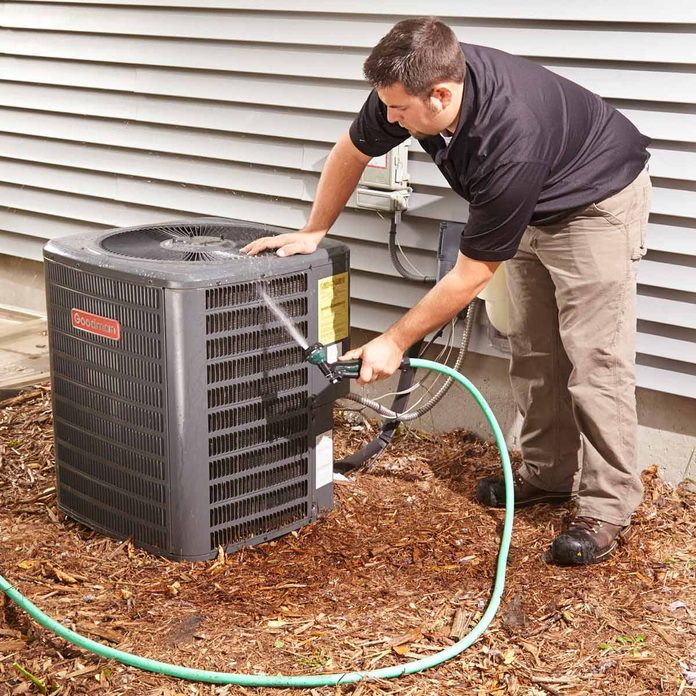
Air Conditioning Check: Air filter
It is instinctual for homeowners to contact an HVAC tech when they notice irregularities in their cooling or heating system. These irregularities could be a direct result of a dirty or clogged air filter. We encourage homeowners to check their filters and replace if necessary. It’s also beneficial for homeowners with pets, carpet, or for homes near fields or construction zones to have multiple filters for convenient replacement. Before calling a pro, consider this and other HVAC troubleshooting tips.
Pro Tip: Mark your calendars! 1-in. filters should be changed every month, 2-in. filters should be changed every 2 months and 4 – 5-in. filters should be changed every 6 to 12 months.
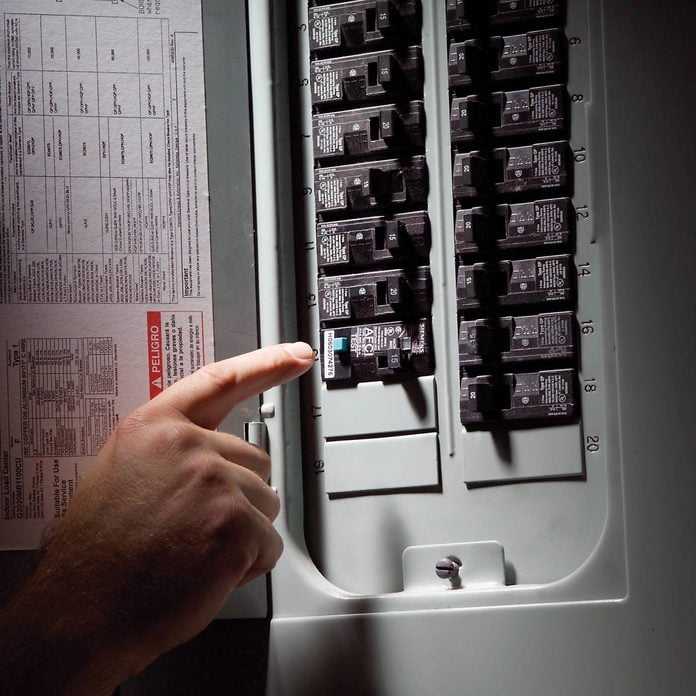
Air Conditioning Check: Circuit Breakers
It is not uncommon for power switches and breakers to be accidentally turned off when other appliances are being installed. Homeowners are encouraged to check their circuit breaker to make sure the issue isn’t as simple as needing to turn a switch back on. A circuit breaker is typically located in the garage, although in some homes, the circuit breaker can be found in the basement, hallway or storage room.
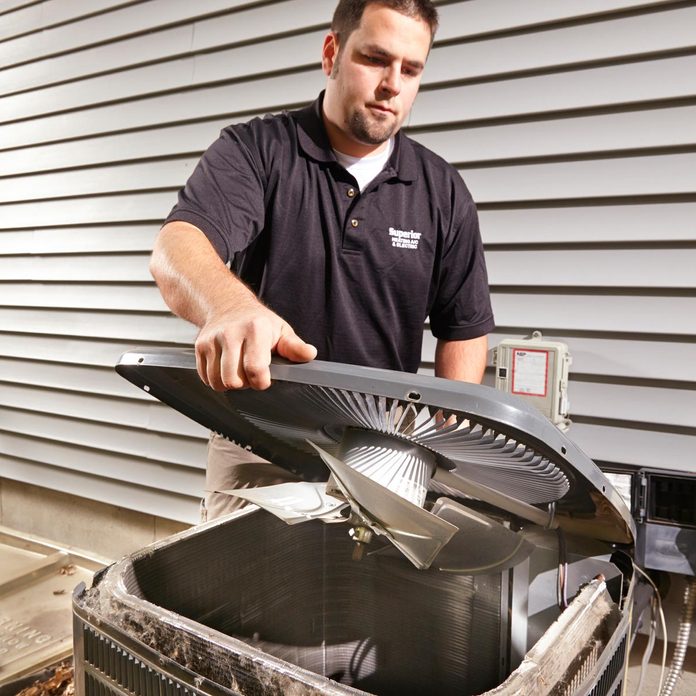
Air Conditioning Check: Vents
Vents are a sensitive component of any cooling and heating system. When HVAC troubleshooting, it is imperative to check vents, ducts, and grills for blockage as that can be the leading factor of irregular air flow.
Pro Tip: Furniture or plants should be at least two feet away from vents.
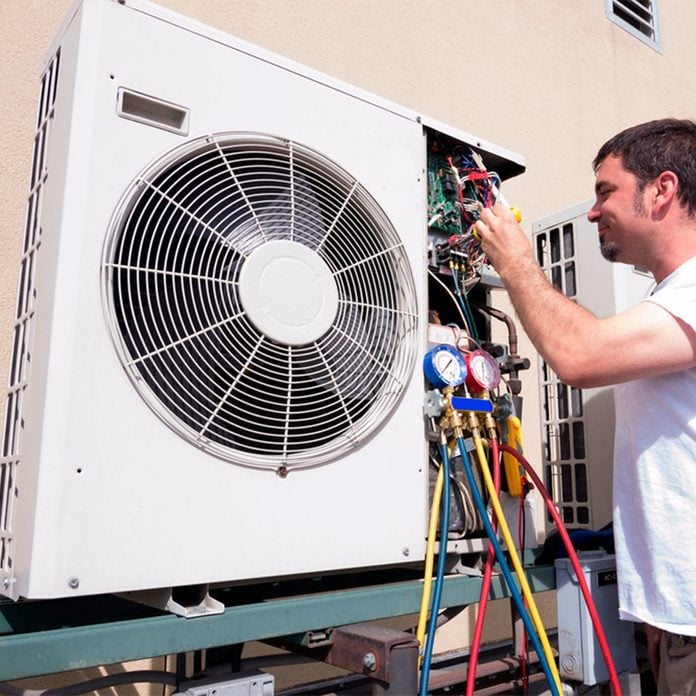
Air Conditioning Check: Property Manager
If you do end up needing to call in an HVAC tech, renters are prompted to call their property manager to report any irregularities in their cooling and heating system prior to calling a technician. It is not uncommon for technicians to arrive and be unable to make repairs without the owner’s consent.
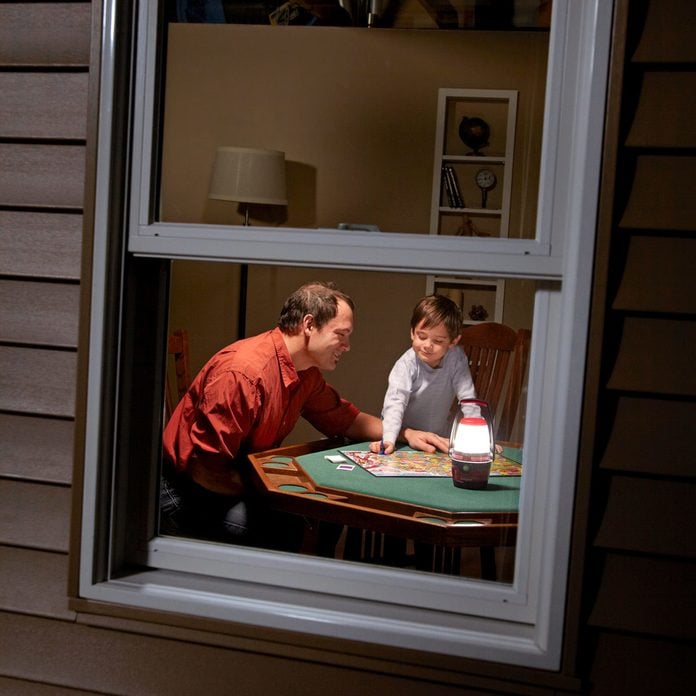
Air Conditioning Check: Power Outages
Before you call an HVAC tech, it is imperative to ensure you have power. It can be difficult to determine during business hours for commercial properties, however, this is often the main cause of irregular airflow. This is applicable to homeowners as well as many looking to cut costs and rely on natural lighting during the day.

Air Conditioning Check: Check the Batteries
There are a number of contributing factors such as blocked vents that can constrict air flow or lead to irreversible damages. But the problem might be as simple as changing your batteries. ThisHVAC troubleshooting tip is often overlooked! If the thermostat is not lit, it is time to change the batteries.

Air Conditioning Check: Check the outside unit
It is not uncommon for an outside unit to be overlooked during checks of the HVAC system. However, the outside unit is the central point for airflow into a residential or commercial property. Debris such as leaves and branches can suffocate the entire unit as they are sucked onto the surface. Property owners can utilize a hose with a spray nozzle to rinse the unit starting from the top to the bottom to remove excess debris once the power has been shut off.
Pro Tip: We recommend keeping a minimum of a 3-feet radius of debris free area to ensure healthy air flow in addition to preventing future complications.

Air Conditioning Check: Summer frost
If you are experiencing irregularities in your cooling system in the summer, sometimes the cause can be pipes that have frozen from overuse. When HVAC troubleshooting this issue, homeowners will need to thaw out the system to resolve the problem, which can take up two hours.
Please note, when the system is thawed out and you turn it back on, it will continue cooling but then it can potentially freeze over once more. This could go on for a day or two. However, if this continues to persist for several days we encourage contacting a certified HVAC tech as it can be an indication of further damage.
Pro Tip: Turn the unit off at the thermostat but turn the FAN on to efficiently thaw out the system.
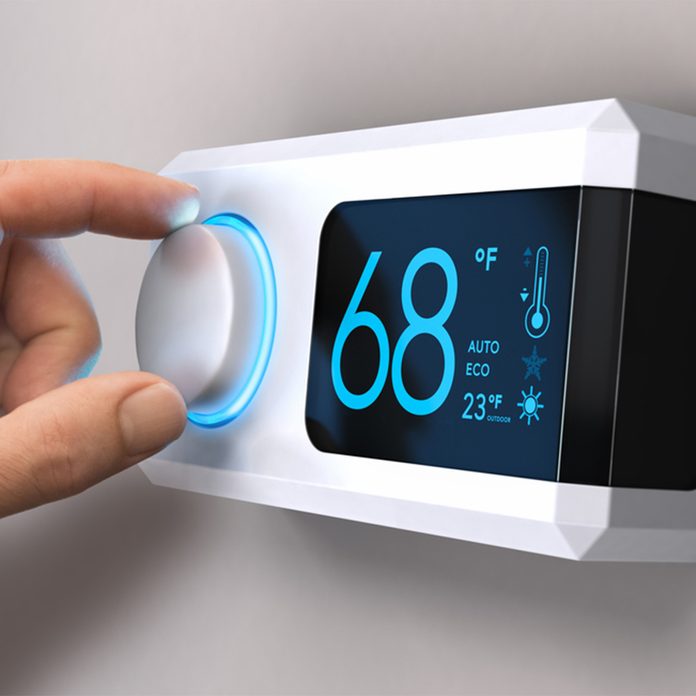
Air Conditioning Check: Thermostat chronicles
As tempting as it may be, do not set the thermostat below 70 degrees no matter how hot it gets outside! Instead of a cooler home or business, you could actually freeze the system, which leads to further complications.

Air Conditioning Check: The more you know
On average, there will always be a 20-degree temperature difference between the inside of your property and the outside. For example, if it is 92 degrees outside, homeowners can expect their indoor temperature to be an average of 72 degrees. However, if it is significantly warmer such as 100+ degrees, the unit can experience difficulty in trying to cool the property.

Air Conditioning Check: Watch out for wires
Sometimes an HVAC system can be compromised when clearing your property of weeds. Exercise caution when using a weed whacker around an outdoor unit because it can lead to clipped wires. Homeowners, be mindful as you approach the unit for wires out of place. If you spot any when HVAC troubleshooting, please contact your local certified HVAC tech.
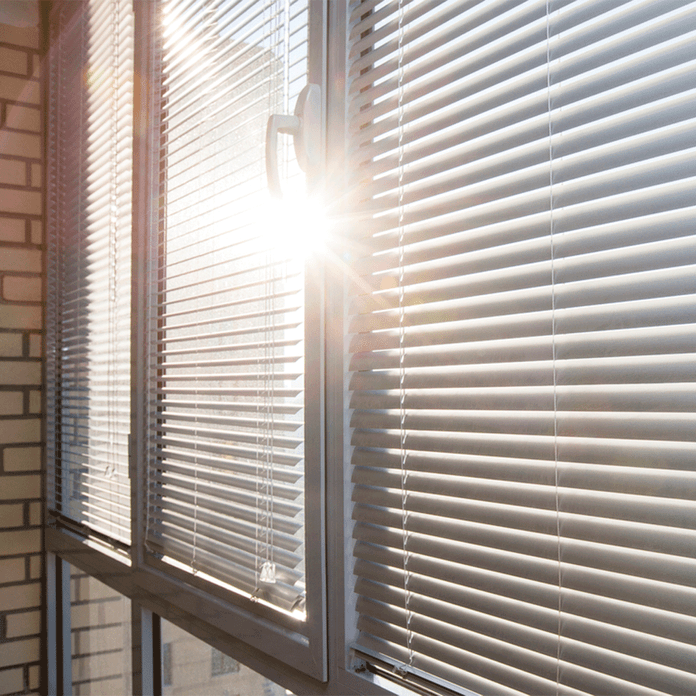
Air Conditioning Check: Fun fact
When the temperature becomes unbearable outside, homeowners are encouraged to keep their curtains and blinds closed on the west side of their home since this is normally where the sun shines and traps heat within the home. When HVAC troubleshooting, even small actions like closing the curtain can keep the HVAC system operating smoothly and in top condition for many years.
Ryan Holden is founder of HVAC News Today, a former HVAC technician and current Director of Progressive Heating & Air based in San Diego.